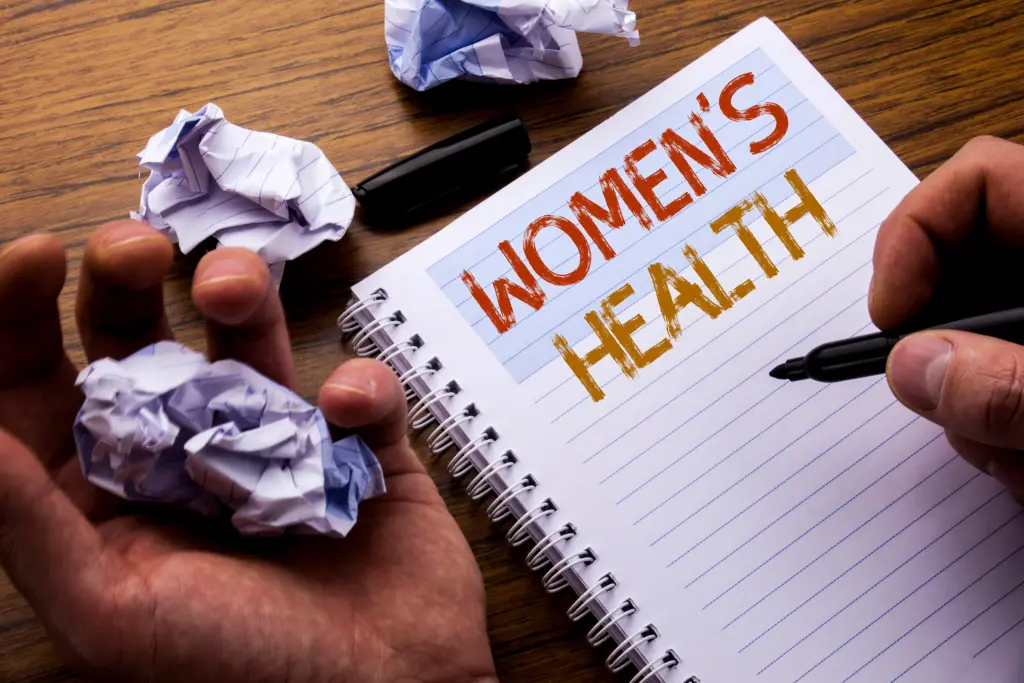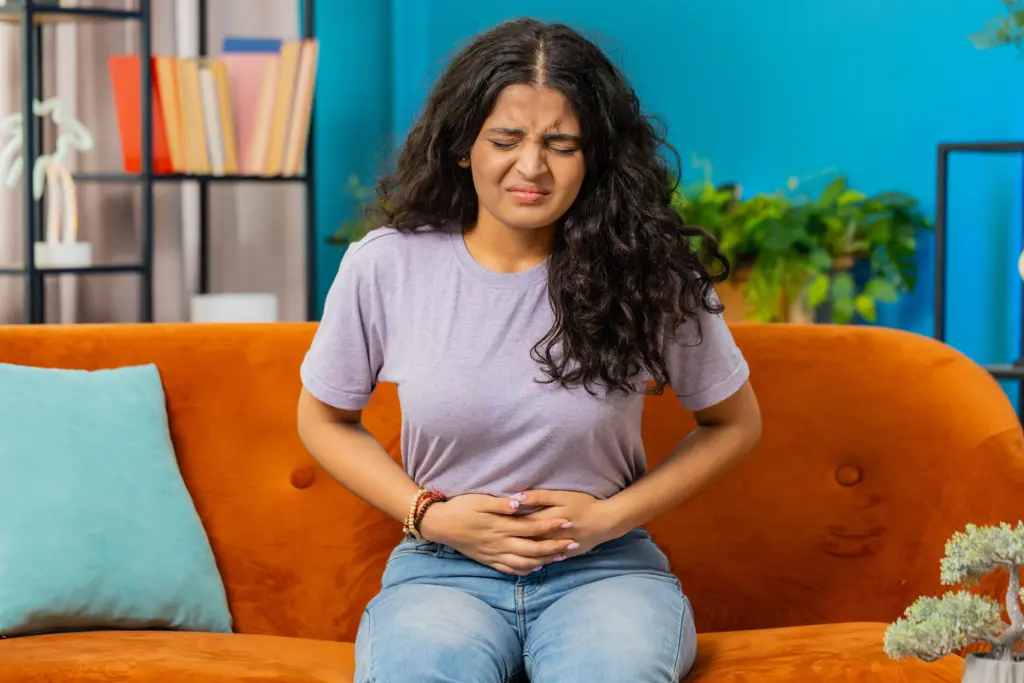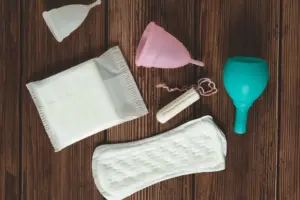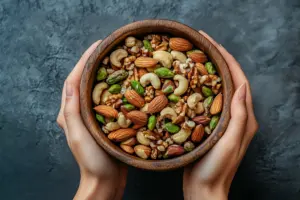
Women’s health myths: Health advice is everywhere. Some tips are useful; some are built on myths and old wives’ tales. The problem? Myths can make you ignore symptoms, feel guilty about normal body stuff, or avoid getting help.
Let’s dispel some of the common myths associated with women’s health.
Also Read | Breaking the silence: Debunking myths about periods
Myth #1: Periods should be painful.
Fact: Many women believe that severe pain during periods is normal and something they just have to live with. A lot of women are told to “tough it out”, but while mild cramps are common, severe period pain isn’t normal. Intense pain can signal conditions like endometriosis or fibroids. Don’t ignore it—early evaluation can speed diagnosis and treatment.
Myth #2: Only older women can get breast cancer.
Fact: The risk of breast cancer increases with age, but younger women aren’t immune. Even in your 20s and 30s, family history, genetics, and lifestyle can matter. That’s why self-awareness and regular check-ups are important at every age.
Myth #3: You cannot get pregnant during your period.
Fact: It’s a common misconception that periods are a “safe window.” They’re not guaranteed. Sperm can live inside the body for up to five days. If you have a short cycle and ovulate soon after your period, pregnancy can happen. Use reliable contraception if you’re avoiding pregnancy.

Myth #4: Women don’t have heart problems until old age.
Fact: Heart disease isn’t just a “men’s issue”. It’s the leading cause of death for women worldwide. Symptoms can look different in women, like unusual fatigue, shortness of breath, indigestion, or back/jaw discomfort. Because of this, women’s heart problems are sometimes missed or misdiagnosed.
Myth #5: Vaginal health needs special products.
Fact: A large market exists for soaps and washes that claim to keep your vaginal area feeling fresh. But here is the truth: your vagina cleans itself. Using harsh products can upset the natural pH balance and kill the healthy bacteria. All you really need is gentle washing with water and mild soap on the outside. No perfumes or fancy products are required.
Why does busting these myths matter?
Believing in these myths doesn’t just spread misinformation; it can stop women from getting the care they need. It can:
- Delay diagnoses of serious conditions.
- Cause unnecessary fear or shame.
- Prevent women from making informed health choices.
Also Read | Is facial shaving safe for women? Pros and cons explained
From periods to menopause, myths surround women’s health. Question what you hear, check credible sources, and speak to a clinician when something feels off.








